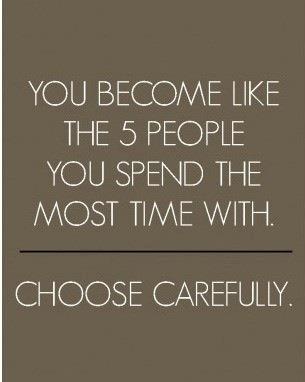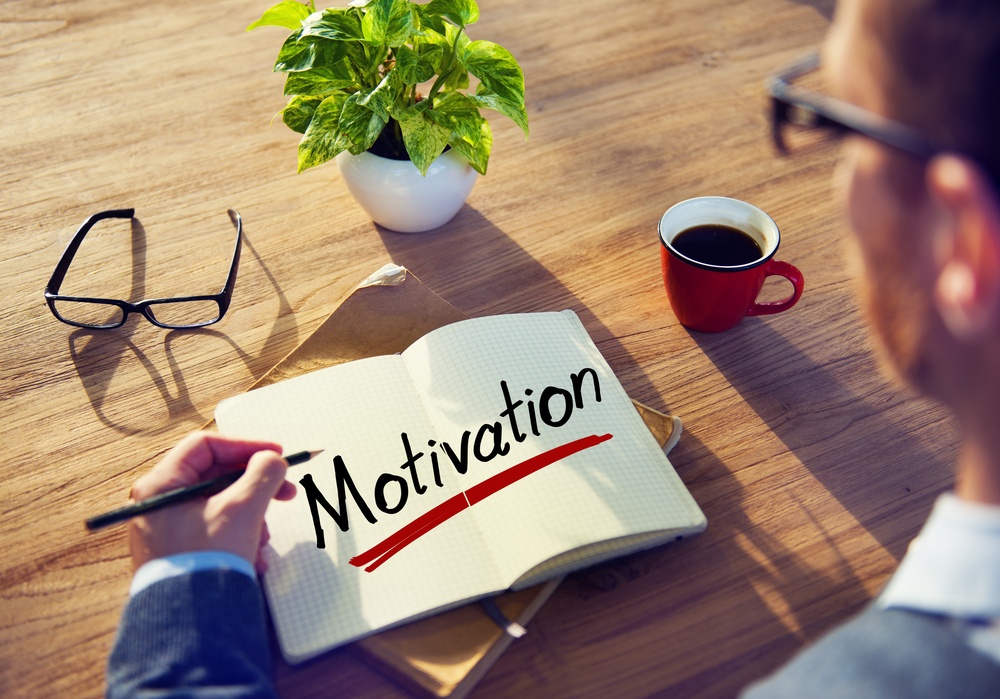We all need some tools to help us use our time effectively.
This is my story.
On the 1st of October, I was in crisis. Google Calendar just
wasn’t doing it for me anymore.
That’s right, you heard me.
I’d been
using it to plan my life for more than a year, but I finally accepted that it
was just too clunky when something ran late or plans changed. It was too hard
to open each event I’d scheduled for that day, and shift them later, one by
one. I tend to get stressed when I’m running late, so I’d end up wasting heaps
of time on my calendar and just become more stressed. Not great for productivity.
 |
Google
Calendar’s event editing page: very fiddly!
|
That day, my mentor noticed that I was struggling to use my time effectively; I was complaining that I never had time to go to the gym, and
that I frequently found planning stressful. He wisely suggested that I spend
half an hour every day recording my achievements over the previous 24 hours,
and planning the day ahead. My instinctive reaction was to tell him there was
no way I’d have time for that.
He explained that time is the most valuable currency there is,
and that I needed to think a bit harder about how I spent mine. I wasn’t totally
convinced, but I decided it was worth a try.
That night, I set out in search of my new calendar app, one
that would help me make the most of my planning revolution. I found Accomplish.
Accomplish
is an app that combines a to-do list with a calendar. I can make a list of the
tasks I want to complete, and easily drag then into my day-view planner. When I
tick a task off, it disappears in a puff of congratulations, leaving me pretty
happy with myself. If I get to the end of the day and some tasks have not been
ticked off, they automatically get returned to the to-do list, so tasks never
go missing.
Just now, Accomplish congratulated me on completing a lab
tour. Next up, finishing this blog!
The best part is that I don’t have to open a new page or menu
when I want to adjust a task. To adjust the task’s position in my day, I just
drag it up or down, and I can easily stretch or squeeze it to adjust its
length.
I started spending 15 minutes every morning making a list of everything I'd achieved the day before, and everything I planned to achieve that day. Then I'd put it all into Accomplish, and use the app throughout the day.
The new system has been a huge boost,not just for my time management skills, but for my emotional state too, because it means my brain
doesn’t need to be in planning mode 24/7. When something I need to do pops into my head just before bed, I can sleep easy knowing that I’ll cover it in my morning
planning. Putting it all into the app
also means I don’t need to play Schedule Tetris in my head anymore. If you’re
not familiar with this game, it involves holding all the possible arrangements
of tasks and activities in your head instead of your calendar, and constantly
trying to work out the best schedule, while not forgetting a single one of the
50 things. It’s not a very fun game.
Putting it all into Accomplish makes my day flexible, so I
don’t have to stress out and start playing Schedule Tetris when something runs
overtime. It’s also forced me to be realistic about what I can actually get
done in a limited amount of time, so I don’t overload my plan and end up
disappointed at the end of each day.
The moral of the story is that you should never underestimate
the value of planning. Whatever your system, use it to help you get the most
value from your time!






